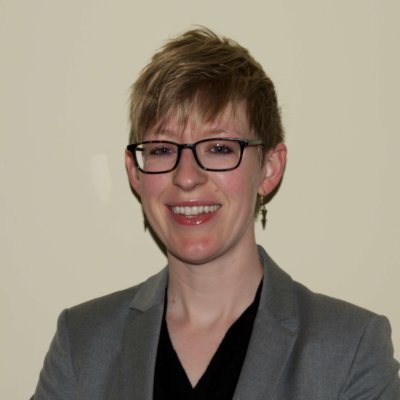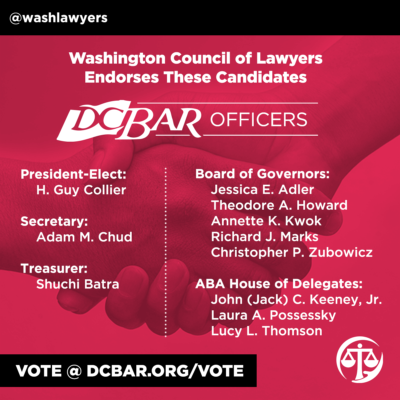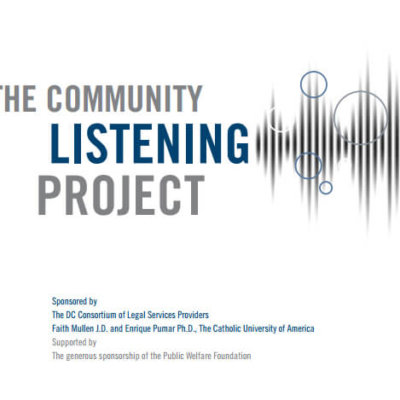By Arooj Sami After eight-year-old Marie (name changed to protect her confidentiality) mentioned her fear of the cockroaches in her home, a doctor realized that there may be another way to help the young patient avoid more emergency room visits to treat her severe asthma. In the District, where 20 percent of children under age 18 have asthma, there are increasing efforts to go beyond clinical interventions and address the roots of this disease. Children’s Law Center, a nonprofit that provides free legal services to children and their families, has partnered with six health facilities around the District, including Unity Health Care’s Minnesota Avenue Clinic in Ward 7, to form Healthy Together. Lawyers from Healthy Together are on site at the partner facilities to train medical staff and answer questions about patients’ non-medical needs. The partnership reflects a holistic approach to children’s health. Although pediatricians advise parents on prescriptions or how to control allergens in the home, in many cases parents have little ability to manage their children's asthma. Some schools have poor air quality and may be unable or unwilling to take steps to reduce asthma triggers. In addition, low-income parents facing housing challenges often cannot prevent a child’s exposure to problematic mold in the home. More generally, management of asthma is affected to economic and social disparities, and low-income families face many barriers to effective management of chronic respiratory conditions. These families often experience instability in employment, housing, and family structure, and have fewer resources to fight for safe and sanitary housing conditions. Low-income working parents tend to lack paid leave or flexible work schedules, and are often unable to take children to doctor’s appointments scheduled during business hours. Areas in the District with the highest prevalence of asthma also have fewer primary care providers—for instance, children in Southeast DC visit the emergency room at a rate ten times greater than in Northwest DC. In light of these circumstances, health practitioners collaborating with Healthy Together attorneys are encouraged to ask about social and economic factors affecting patients’ health and make referrals to address those problems. Practitioners can also consult the Advocacy Code Card, which contains screening questions and resources for mental health services, housing, special education, and public benefits. This type of multi-pronged, collaborative approach is proving to be effective in tackling childhood asthma in the District. In addition to its partnership with Healthy Together, Children’s Law Center has worked with the DC Council to address mold in housing. Prior to 2014, the DC housing code did not cover mold; as long as there was no visible dampness, landlords were able to pass inspection by simply painting over mold. But thanks to the advocacy of Children’s Law Center, the Legal Aid Society of the District of Columbia, and other groups, the City Council passed a new law requiring landlords to remediate mold once tenants report it. As for Marie: she was referred to Children’s Law Center by Impact DC, an asthma research and treatment unit at the Children’s National Health System, after an emergency room visit. Children's Law Center arranged for a housing inspection through the DC Department of Environment’s Partnership for Healthy Homes. The inspection showed signs of cockroaches, excrement, decomposing cockroach bodies, and mice in the HVAC system—all triggers for asthma. After legal action was threatened, the landlord agreed to move Marie and her family to sanitary housing. Marie's health improved drastically after her family moved into better housing conditions. She had fewer acute episodes and did not have to be rushed to the emergency room. When her asthma was poorly controlled, Marie was missing school, or she was tired and unable to concentrate in class. Her mother, who was losing sleep staying up nights to care for Marie when she was wheezing, found it difficult to maintain steady employment because her daughter’s health required urgent attention. The family has since regained a sense of calm and an improved quality of life—all thanks to help from Healthy Together.










